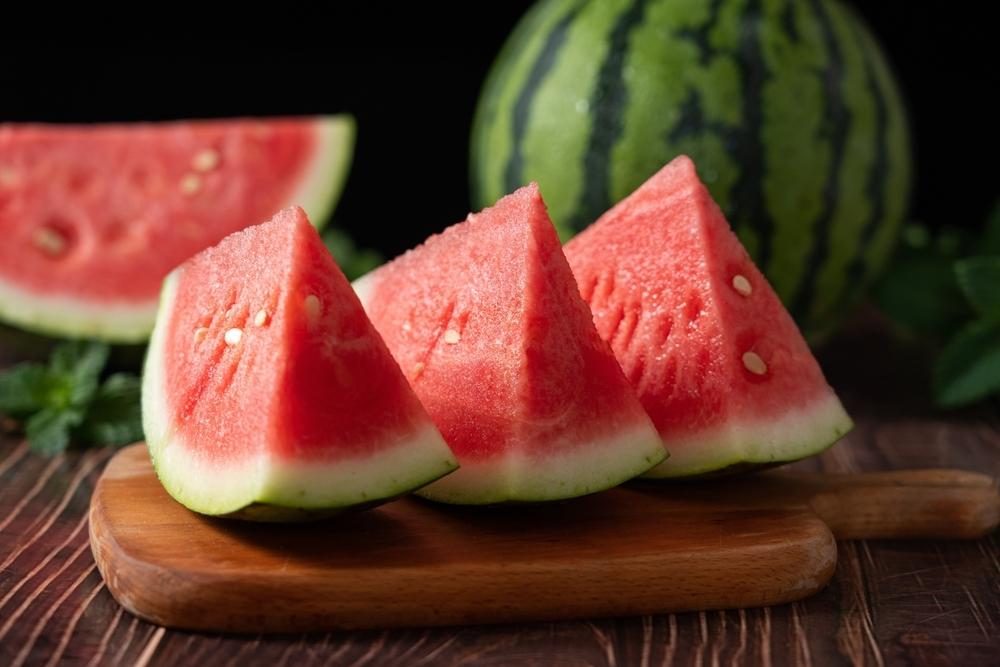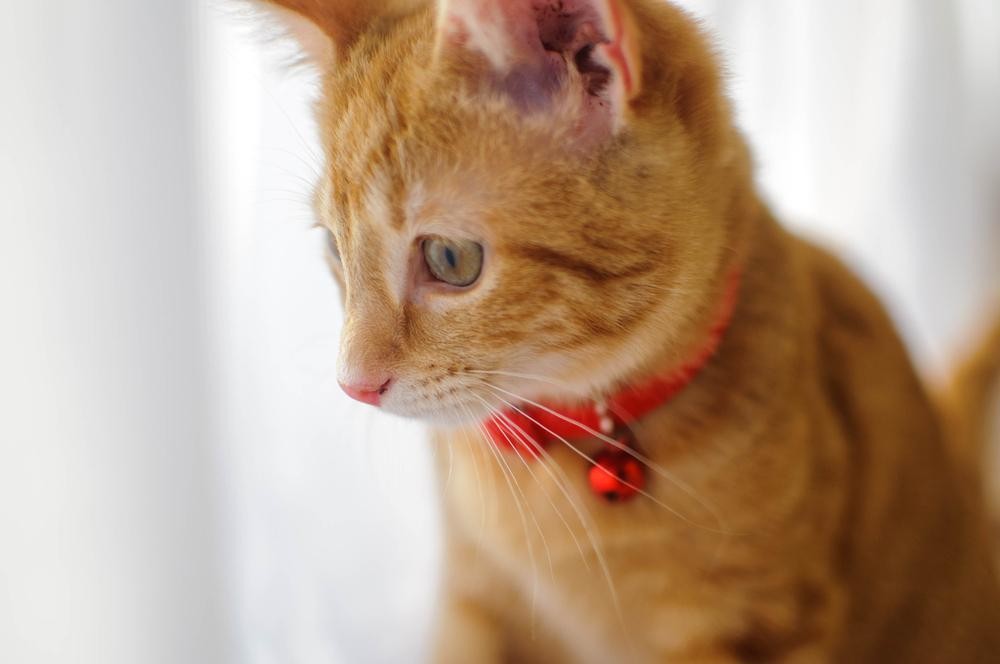

When the weather heats up, watermelon is a go-to treat for many people, but can cats eat watermelon too? If your cat is looking longingly at your fruit bowl, you might be wondering: can cats have watermelon? Is it safe to share with them? While cats are obligate carnivores with very different dietary needs from humans, some fruits can be offered in moderation. Knowing which ones are safe for them to consume (and which ones aren't) is crucial before offering them any fruity treats.
Here's what you need to know about the potential benefits, risks and safe serving tips for feeding watermelon to your cat.
Can Cats Eat Watermelon?
Yes, many adult cats can safely consume small amounts of watermelon without any adverse effects. Cats don't have a sweet tooth like dogs or humans, so most cats aren't drawn to fruit. But if your cat can't get enough of it, there are both risks and benefits you should be aware of.
Is Watermelon Good for Cats?
Watermelon has several qualities that make it a moderately healthy treat for cats, when given in moderation.
High Moisture
Watermelon contains 91% water, and can help hydrate cats who consume small pieces. This can be especially useful for cats who don't drink enough.
Low Calorie
Because watermelon is mostly water, it's low in calories, making it a better treat than many other people foods, which can be high in fat.
Vitamins and Antioxidants
Watermelon contains antioxidants and Vitamins A and C.
Remember that cats meet all their nutritional requirements by consuming animal protein. They do not need to eat fruits and vegetables like humans or dogs to be nutritionally complete. Watermelon should be considered a juicy, hydrating treat, not part of their regular diet.

What Are the Risks of Feeding Your Cat Watermelon?
Most cats tolerate small amounts of watermelon without any problems, but there are a few risks:
Digestive Upset
Cats' digestive tracts are not designed to digest plant sugars, and the high water content in watermelon can have a mild laxative effect. Too much watermelon can cause diarrhea, vomiting, excessive gas, bloating and loss of appetite. If this occurs, stop feeding your cat watermelon and call your veterinarian. Avoid feeding your cat watermelon if they have a sensitive stomach.
Sugar Content
Watermelon contains high levels of fruit sugar, which can spike blood sugar and may cause unhealthy weight gain. If your cat is diabetic, obese or older, check with your vet before feeding watermelon.
Choking Hazard or Blockage
Watermelon rind is tough and relatively indigestible, and can cause stomach upset or intestinal blockage in severe cases. Watermelon seeds can also pose a choking or intestinal blockage risk, especially in small cats. Preparing watermelon safely for your cat can help reduce this risk.
Seed Toxicity
Watermelon seeds contain amygdalin, which can release cyanide when chewed. Mature black seeds contain more amygdalin than immature white seeds. While accidentally swallowing a few seeds usually doesn't cause problems in an adult cat, the risk of cyanide toxicity increases with quantity, especially in sensitive or small cats.
Food Aversion and Begging Issues
Cats can develop strong food preferences that can make it difficult to get them to eat their regular cat food. Giving too many treats (including watermelon) can lead to pickiness and begging behavior.
Allergy
It is rare for a cat to have an allergy to watermelon, but it can occur. Signs of a watermelon allergy in cats include excessive itching, a swollen face, hives, vomiting and diarrhea. If you notice any symptoms, stop feeding your cat watermelon and call your vet.
Can Kittens Eat Watermelon?
While watermelon is generally safe for adult cats, you should avoid feeding it to kittens for several reasons. First, they have immature digestive tracts that may be more sensitive to watermelon. They also have a higher risk of choking and a higher risk of toxicity if they accidentally swallow a seed.
More importantly, however, kittens have small tummies, and filling up on treats can lead to nutrient deficiencies. It's important for them to consume most, if not all, of their calories in the form of a specially formulated kitten food made with high-quality ingredients to help support normal growth and development. This helps them establish eating habits and create a foundation for good health throughout their adult life.

How to Feed Your Cat Watermelon
Cats should only be fed fresh, seedless watermelon. Remove the rind and seeds, and cut into small, bite-sized pieces about the size of a pea.
How Much Watermelon Can Cats Eat?
Watermelon should not be offered to cats more than once or twice a week. Use the following table as a guideline for serving suggestions based on your cat's weight.
| Cat Weight | Maximum Watermelon (per serving) |
|---|---|
| < 8 lbs | ½ teaspoon |
| 8–12 lbs | 1 teaspoon |
| > 12 lbs | 1 tablespoon |
Can Cats Eat the Watermelon Rind?
No, watermelon rind is tough and indigestible, and can cause stomach upset or intestinal blockage in severe cases. Remove the rind before serving watermelon to your cat.
Can Cats Eat Watermelon Seeds?
Watermelon seeds not only pose a choking hazard to cats, but they are also toxic. Watermelon seeds contain amygdalin, which can release cyanide when chewed. Only give seedless watermelon to cats, or remove any seeds before serving.
A Sweet Treat—In Moderation
While watermelon isn't harmful to most cats in small amounts, it's not a nutritional necessity. A small piece can be a safe treat occasionally, as long as their primary nutrients are coming from a complete and balanced cat food. And remember: with any new food, it's best to start small. Keep an eye on your cat's reaction and check with your vet if you're unsure. With a little caution, watermelon can be a treat sweetly shared between you and your feline friend!





















